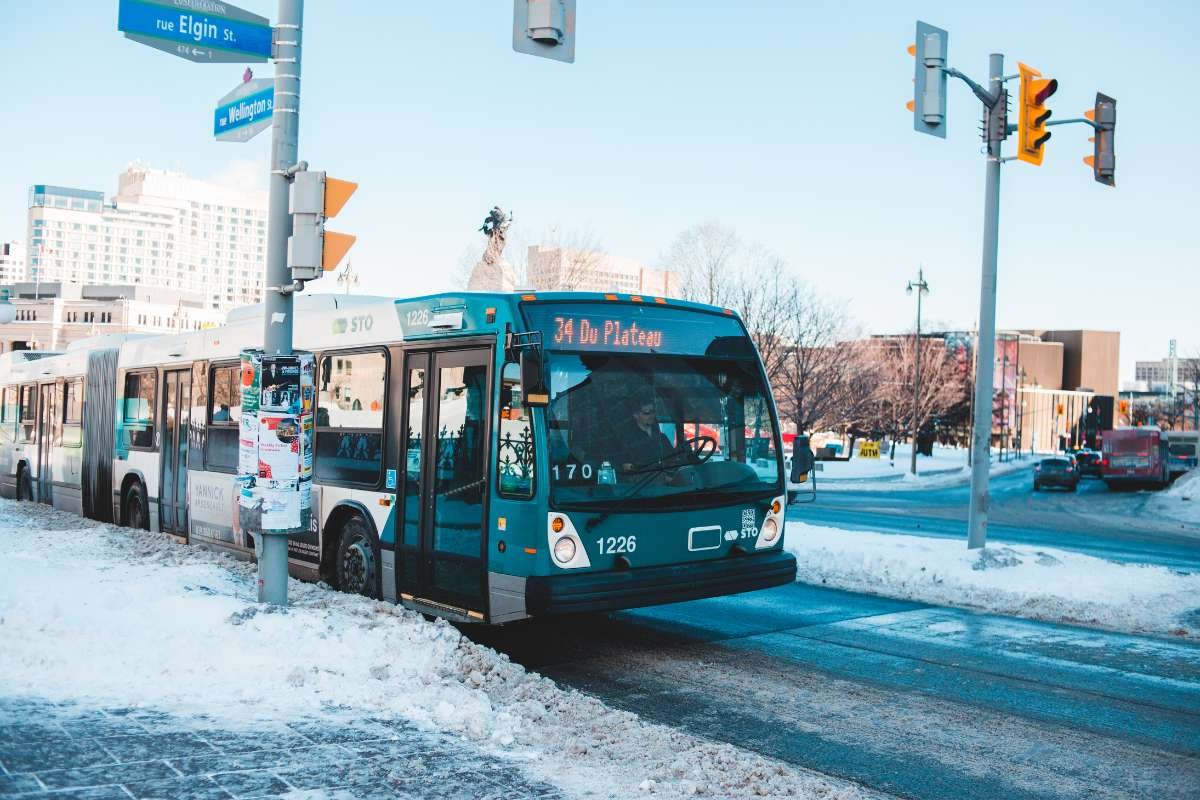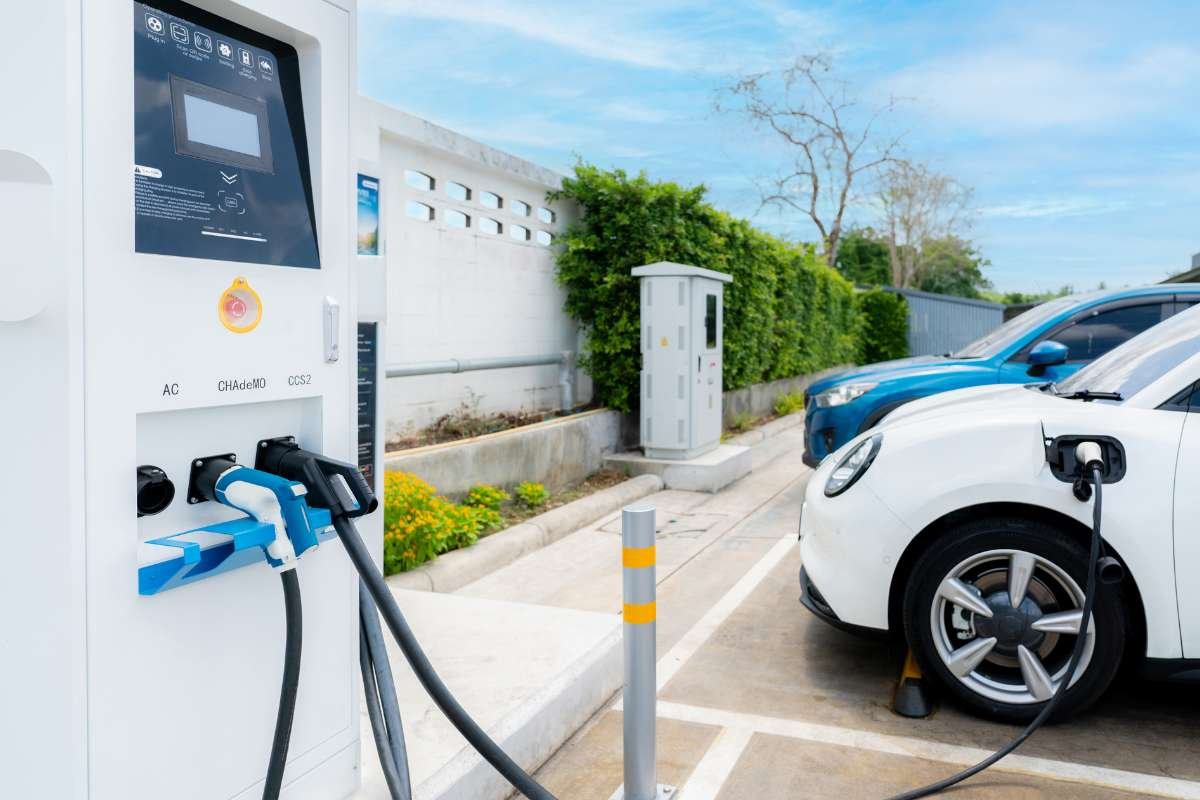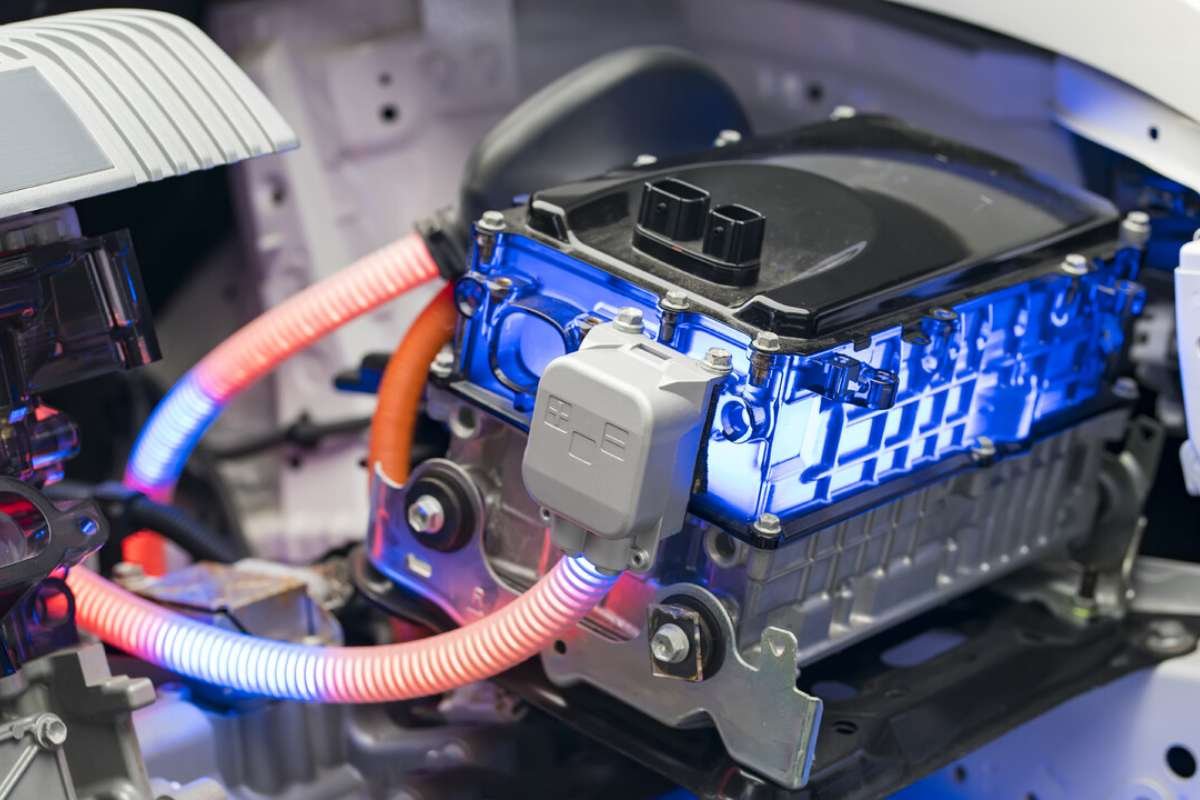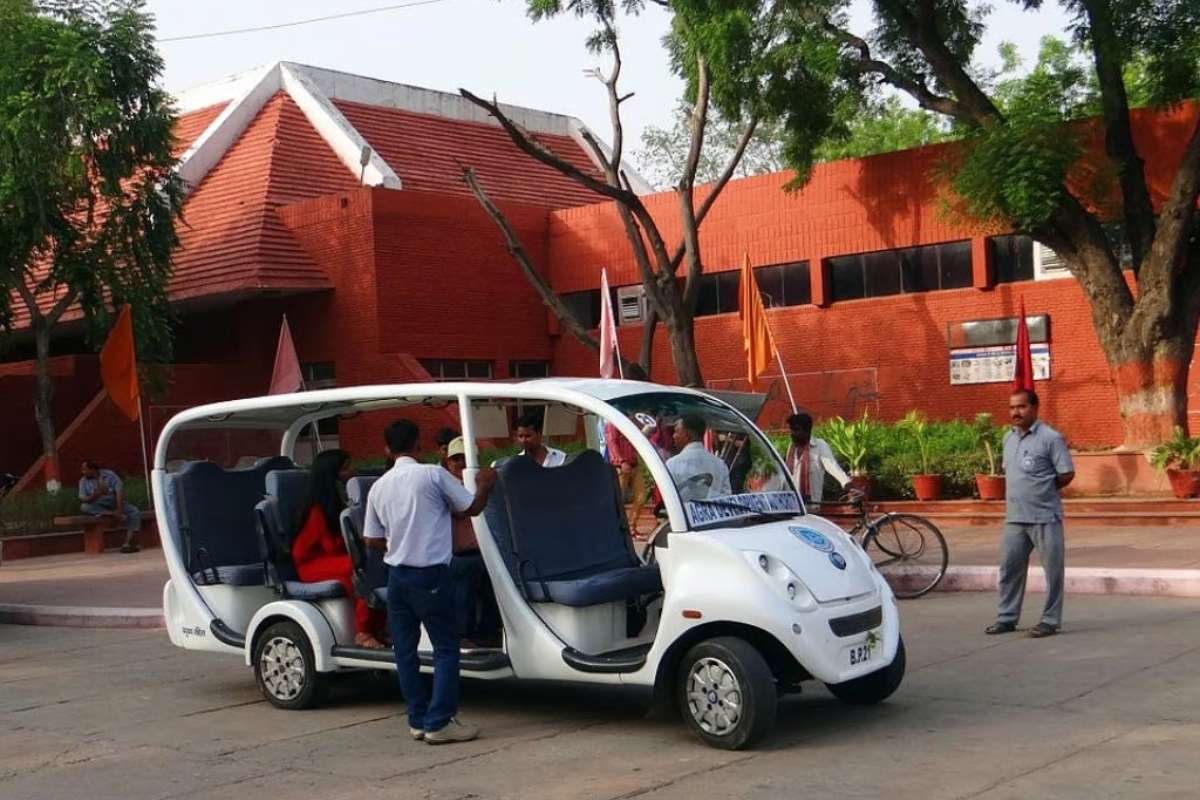Electrification is no longer a distant vision for the future; it’s a transformative wave sweeping across industries, with transportation at its forefront. This shift isn’t merely about adopting electric vehicles (EVs). Instead, it’s about a profound rethinking of how we move people and goods, blending technology with sustainability to redefine mobility as we know it.
This blog understands the effects of electrification on transportation, its challenges and opportunities, and why partnering with reputable energy brands can empower this shift.
Redefining the Heart of Mobility

Electrification is revolutionising the very core of mobility. Traditional vehicles, with their complex mechanical engines, are being replaced by streamlined designs incorporating advanced electrical devices. Electric vehicles not only promise cleaner energy but also deliver smoother, quieter rides. This marks an essential shift in how transportation is perceived—not as a means of consumption but as an avenue for conservation.
Beyond personal cars, electrification is transforming public transport. Electric buses, trams, and even ferries are emerging as sustainable alternatives, reducing urban noise pollution and improving air quality. Rail systems are increasingly incorporating electrical equipment to enhance efficiency, making them more sustainable and resilient for long-term use.
Enhancing Energy Efficiency
Electrification is synonymous with efficiency. Electric vehicles are more efficient, turning a greater percentage of energy into motion compared to traditional internal combustion engine (ICE) vehicles. This efficiency isn’t confined to personal mobility; freight transport and logistics are also experiencing a revolution, with electric trucks and drones being deployed to streamline delivery processes.
Employing advanced electrical instruments, such as smart chargers and energy management systems, further boosts this efficiency. These tools optimise charging cycles, extend battery lifespans, and ensure that energy consumption is monitored and controlled effectively. By incorporating such devices into transportation networks, businesses can significantly cut costs while contributing to a greener future.
Infrastructure Innovation and Urban Transformation

The electrification of transport is spurring innovation in infrastructure development. Charging stations, which were once sparse and basic, are now evolving into sophisticated hubs equipped with ultra-fast chargers and renewable energy integrations. Urban planners are redesigning cities to accommodate the unique needs of electric mobility, incorporating charging networks into parking spaces, highways, and residential areas.
Additionally, electrification is paving the way for futuristic transport solutions, including electric vertical take-off and landing aircraft. These innovations promise to revolutionise urban transport by introducing new dimensions to mobility, blending technology with practicality.
Sustainability as the Driving Force
The integration of electrification into transportation aligns seamlessly with global sustainability goals. Electric buses shared e-mobility solutions, and clean freight networks collectively contribute to cleaner air, reduced noise pollution, and healthier living conditions. By deploying electrical instruments, even the smallest components of this transformation work toward a larger environmental vision.
Pairing EVs with renewable power sources creates a symbiotic system that maximises efficiency while minimising environmental impact. Technologies like vehicle-to-grid (V2G) systems are further amplifying this synergy by enabling EVs to return excess energy to the grid, contributing to a balanced and sustainable energy ecosystem.
Challenges and Opportunities

While electrification holds immense potential, its implementation requires addressing certain challenges. Developing a reliable supply chain for batteries, ensuring grid stability, and dispelling misconceptions about EV range limitations are all crucial tasks. However, these hurdles also present opportunities for innovation and progress.
Advancements in battery technologies, including solid-state designs, promise higher energy densities and faster charging times, making electrification more accessible and practical. By deploying cutting-edge electrical equipment within energy grids, the industry is also creating smarter, more adaptive systems capable of meeting growing demands.
A Path to a Sustainable Tomorrow
Electrification is not just a technological upgrade; it is a bold step towards redefining transportation. It represents a shift in values, prioritising sustainability, efficiency, and innovation.
By adopting advanced electrical systems and forming partnerships with reputable energy brands, businesses and governments can lead this revolution, driving a future where mobility meets responsibility. Working with trusted energy providers also helps businesses understand the complexities of electrification, from regulatory compliance to technology selection.
Sources:
- Review on Vehicle-to-Grid Systems: The Most Recent Trends and Smart Grid Interaction Technologies– By ResearchGate
- Internal Combustion Engine – By ScienceDirect




